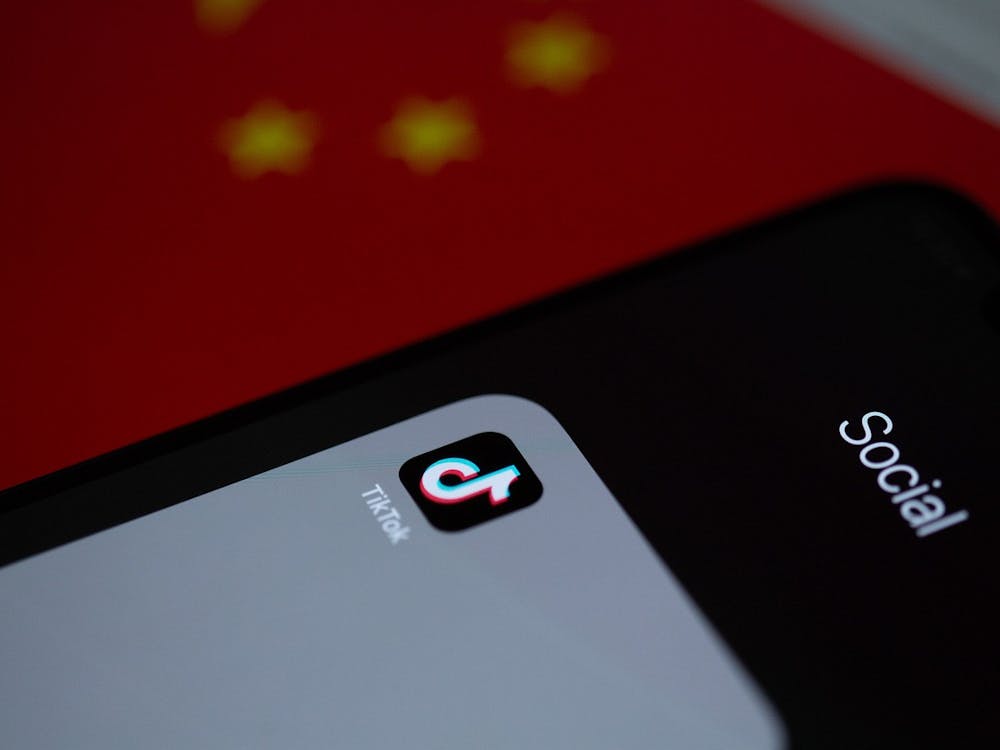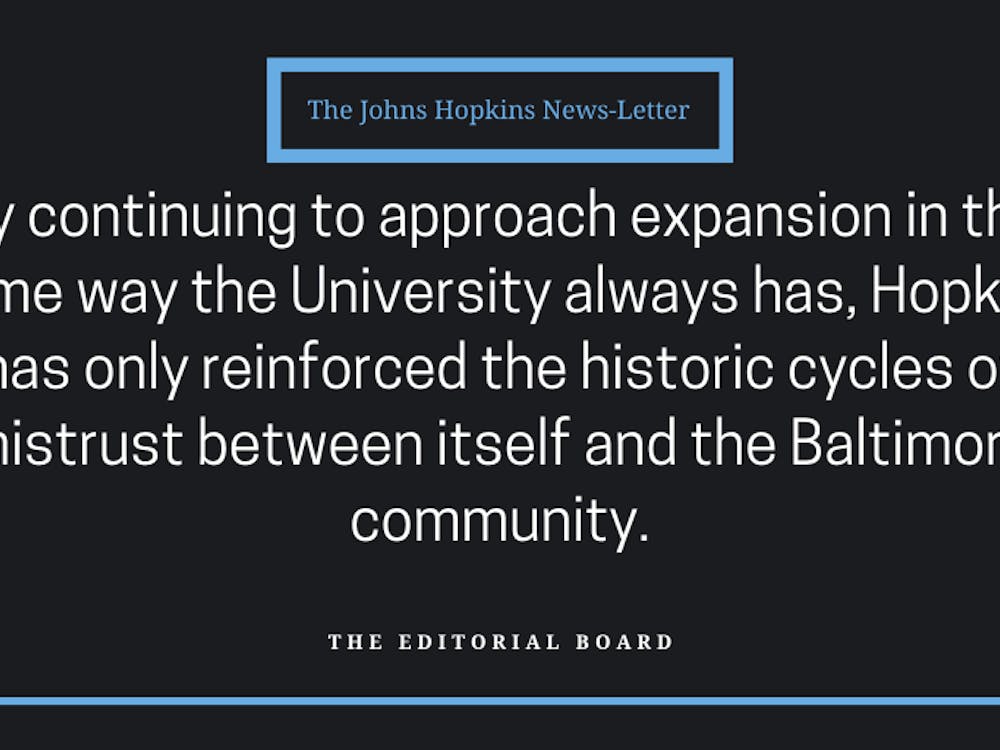A team of Hopkins students has created the mobile app Atrium as part of the Hopkins community’s mission to improve mental health on campus. The app is designed to provide free, anonymous peer support and counseling from a licensed therapist, and it is currently in pilot testing with Hopkins students.
Users can choose to join therapy groups that address depression, anxiety and PTSD, along with other mental health difficulties, and the therapist then places the user in a group of five to seven peers.
The Editorial Board appreciates that Hopkins students are working to create concrete solutions to the serious problem of poor mental health on campus, and we commend the Student Government Association (SGA) for demonstrating their continued efforts to improve mental health by endorsing the app.
However, we are concerned that the app cannot provide the same support that in-person counseling may. We genuinely hope that Atrium succeeds, but we believe that the creative team behind the app should better explain their services and provide answers to questions about how the app will function day to day.
Our paramount concern is that the app’s team currently only has one psychiatrist on board. Jain admitted that it was difficult to get health care professionals to back the program, and the Editorial Board believes that the program needs more credible therapists behind it before it officially launches.
According to the Atrium website, the group’s counselor conducts a weekly phone call, and outside of that time, members of the group have access to text support from their peers. We cannot predict what members of the group may say to each other through the app, and we hope that Atrium will be able to quickly respond to mental health emergencies that may arise from interactions within the app.
The website advertises that the app can detect messages of malicious intent, but it has not explicitly stated what it considers malicious and exactly what actions it may take if a user were to send messages that contain suicidal thoughts, for example.
The Editorial Board is further concerned with how the app might sort users into groups. The interface first asks users about what types of problems they’re dealing with. Is there further screening and does the interface sort users solely based on the problems they describe? What is the exact role of the licensed therapist in the grouping process?
Without further screening, Atrium could create counseling groups made up of people experiencing similar problems, but with completely different intensities. For example, it is important to differentiate between someone with clinical depression and someone who is just having a rough week.
We suggest that the team at Atrium consults with a professional body to address these concerns and any others that arise. We expect that Atrium receives endorsements from the Hopkins Counseling Center and members of the Hopkins psychiatry and psychology faculty before it officially launches.
Before Atrium can truly begin to provide support to Hopkins students and to the wider community, it should address the concerns that we have listed above.
We want Atrium to succeed, and we believe that it could help to reduce mental health stigma on campus. It could serve as a cornerstone of the University’s campaign to improve mental health and could help many people address their most pressing mental health difficulties.






















Please note All comments are eligible for publication in The News-Letter.